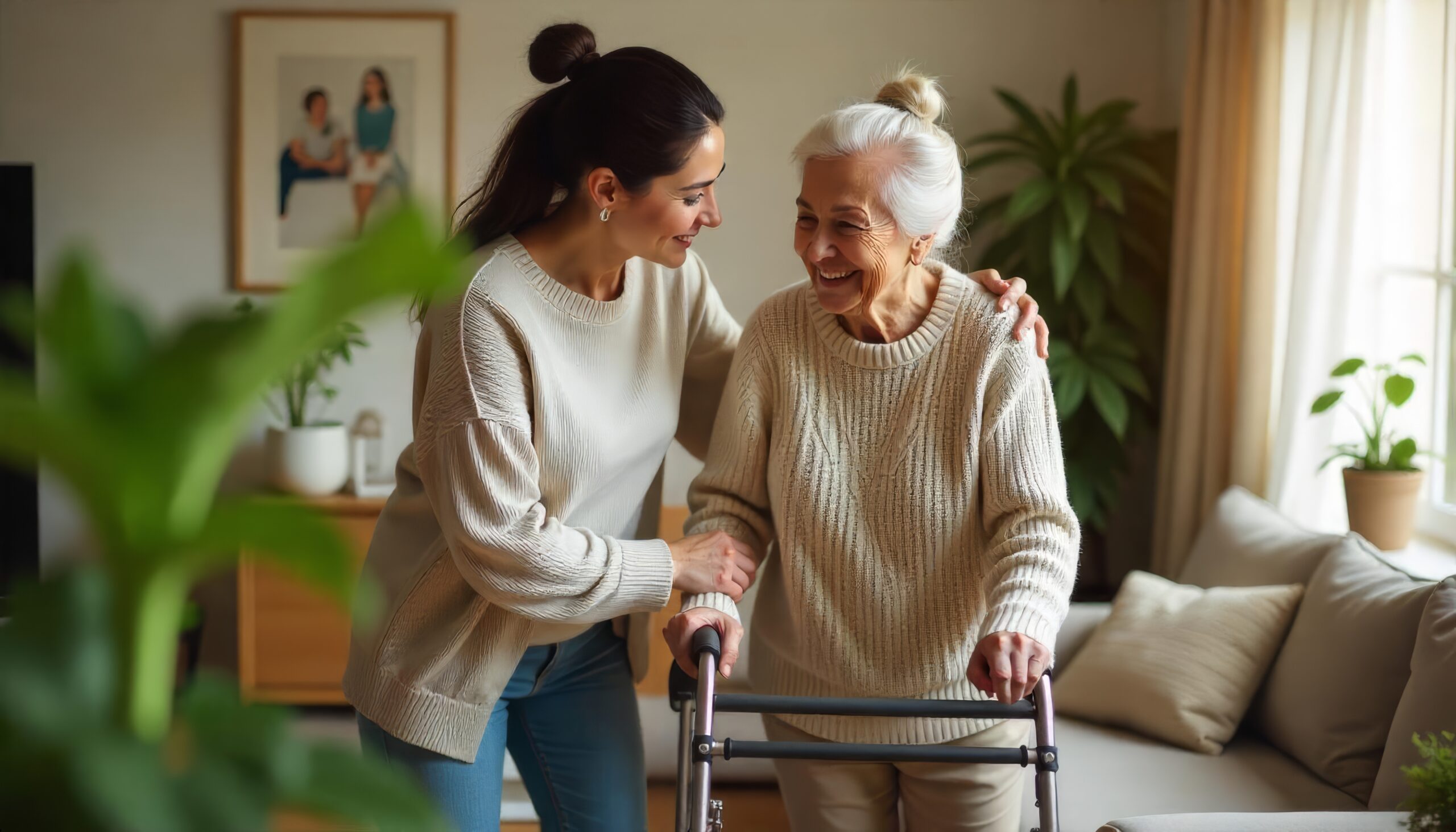
Table of Content
Caring for a senior loved one with dementia requires immense emotional and physical strength, making a strong support network essential for your wellbeing. Building connections with others who understand your journey can provide practical help, emotional relief, and the reassurance that you’re not facing these challenges alone.
Connect with Other Dementia Caregivers
Finding people who truly understand your daily reality makes an enormous difference in managing caregiver stress. Other dementia caregivers share similar experiences and can offer both practical advice and emotional validation.
Look for support opportunities through:
- Local Alzheimer’s Association chapters that host regular caregiver meetings
- Online forums and Facebook groups dedicated to dementia caregiving
- Hospital or senior center support groups in your community
- Faith-based organizations that offer caregiver ministries
These connections often become lifelines during particularly difficult periods. Experienced caregivers can share strategies for managing challenging behaviors, recommend helpful resources, and remind you that difficult emotions are normal parts of the caregiving journey.
Involve Family and Friends Strategically
While family members and close friends want to help, they may not understand how to support you effectively. Being specific about your needs helps them provide meaningful assistance rather than well-intentioned but unhelpful gestures.
Create concrete ways for others to contribute:
- Ask specific people to handle particular tasks like grocery shopping or lawn care.
- Set up meal trains for busy weeks when you can’t cook.
- Request regular check-in calls rather than waiting for you to reach out.
- Invite friends to sit with your loved one while you attend appointments or take breaks.
Remember some relationships may change during your caregiving journey. Focus your energy on people who consistently show up and understand your limitations during this demanding time.
Build Professional Support Networks
Healthcare professionals, social workers, and specialized dementia services form crucial parts of your support system. These experts provide medical guidance, connect you with resources, and help you plan for future care needs.
Essential professional contacts include:
- Your loved one’s primary care physician and any specialists
- Social workers who understand local resources and benefits
- Elder law attorneys for legal and financial planning
- Adult day programs that provide respite and socialization
- Home health agencies for additional care support
Maintain regular communication with your professional team. Don’t hesitate to ask questions, request referrals, or seek guidance when you feel overwhelmed by medical decisions or care planning.
Caring for seniors with dementia can be challenging for family caregivers. Luckily, there is dementia care Potomac families can rely on. Professional dementia caregivers help seniors with dementia stay safe and comfortable at home by preventing wandering, providing cognitive stimulation, and assisting with household chores.
Access Community Resources and Services
Many communities offer services specifically designed to support dementia caregivers and families. These resources can reduce your caregiving burden while ensuring your loved one receives appropriate care and stimulation.
Explore available services such as:
- Adult day centers that provide safe environments and activities
- Respite care services for short-term relief
- Transportation services for medical appointments
- Meal delivery programs for seniors
- Local Area Agencies on Aging that coordinate multiple services
Some services operate on sliding fee scales based on income, making them accessible even with limited financial resources. Case managers can help you navigate available options and determine eligibility requirements.
Seniors can face a variety of age-related challenges. Though some families choose to take on the caregiving duties, there may come a time when they need a trusted senior home care provider. Families sometimes need respite from their duties so they can focus on their other responsibilities, and some seniors need around-the-clock assistance that their families are not able to provide. Assisting Hands Home Care is here to help.
Prioritize Your Own Mental Health Support
Dementia caregiving creates unique emotional challenges that benefit from professional mental health support. Therapists who specialize in caregiver issues understand the complex feelings of grief, frustration, and guilt that often accompany this role.
Consider professional support when you experience:
- Persistent feelings of sadness, anxiety, or hopelessness
- Difficulty sleeping or changes in appetite
- Increased irritability or conflicts with family members
- Thoughts of harming yourself or your loved one
- Physical symptoms related to chronic stress
Many insurance plans cover mental health services, and some therapists offer sliding scale fees. Employee assistance programs through your workplace may also provide free counseling sessions.
Building a comprehensive support system takes time and effort, but it’s essential for sustaining your ability to provide high-quality care while maintaining your own health and wellbeing. Start with one or two connections and gradually expand your network as you discover what types of support work best for your situation.
One of the most challenging tasks of helping an elderly relative age in place safely and comfortably is researching agencies that provide at-home care. Potomac families can turn to Assisting Hands Home Care for reliable, high-quality in-home care for aging adults. We offer 24-hour care for seniors who require extensive assistance, and we also offer respite care for family caregivers who need a break from their caregiving duties. Trust Assisting Hands Home Care to provide high-quality compassionate professional care for your loved one. If your loved one needs help with the challenges of aging, call one of our compassionate Care Specialists today.






